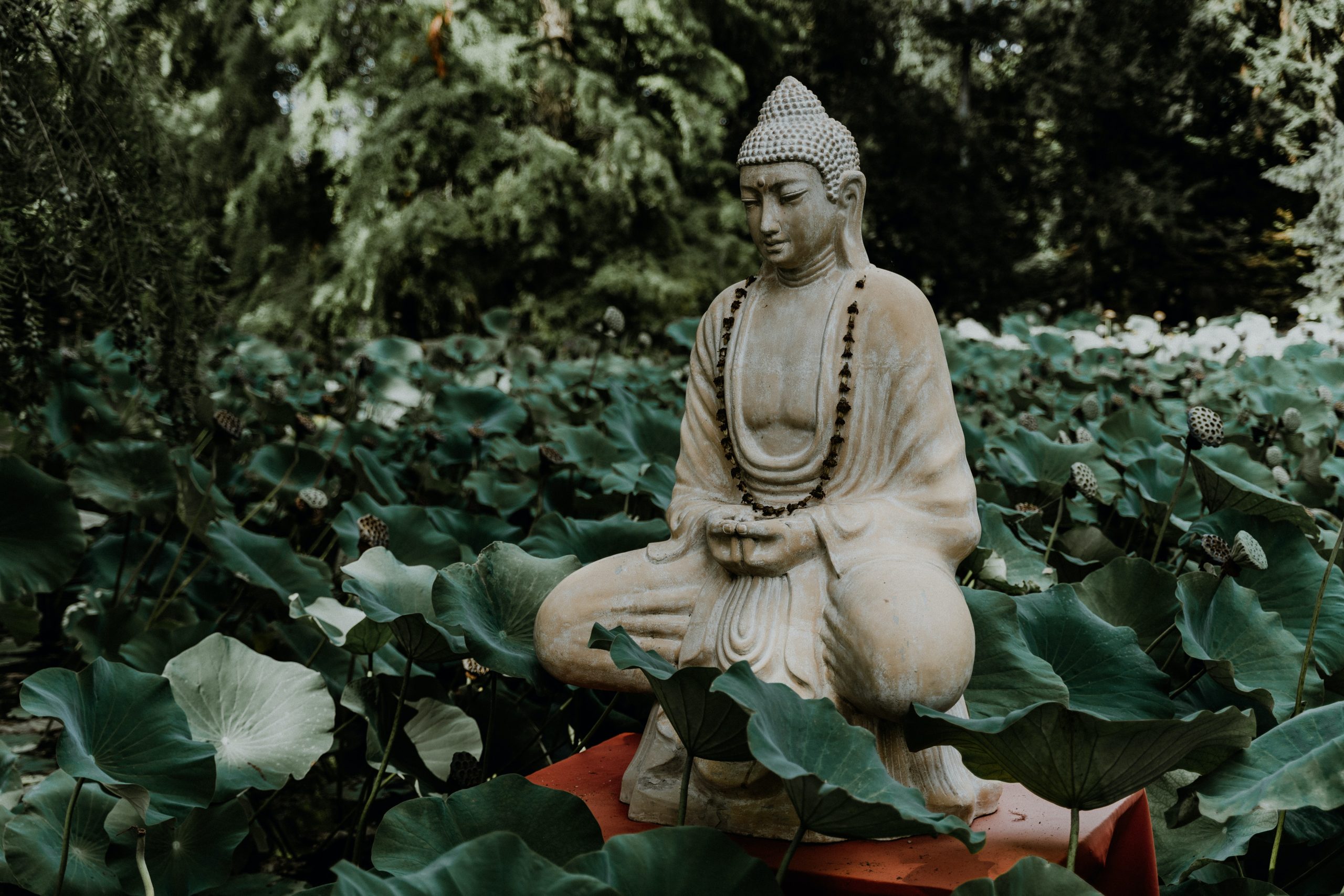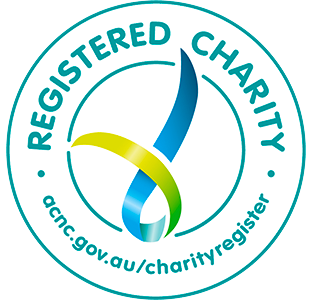
As carers, the demands of your caring role can often be overwhelming, leaving you physically and emotionally exhausted. Meditation and yoga are two such practices that can assist carers to improve their wellbeing. If you are new to the world of meditation and yoga, we have tried to explain it below.
Meditation
Meditation is a mindfulness practice that involves focusing one’s attention on the present moment and letting go of thoughts and worries. Research has shown that meditation helps to reduce anxiety and depression, improves sleep quality, and boosts overall wellbeing. Meditation can also help you feel calm and increase resilience.
Yoga
Yoga is another practice that can benefit carers. It involves physical postures and breathing exercises and has been shown to improve flexibility, strength and balance and reduce stress and anxiety levels.
In addition to the physical benefits, yoga can also help cultivate a sense of inner peace and calm, promoting a more positive outlook and a greater ability to stay on top of things.
The modern form of yoga isn’t necessarily a ‘one size fits all’ as there are several variations that best suit different people. From slow-moving gentle Hatha yoga or more advanced Vinyasa yoga to Chair yoga which is best suited for seniors, people with injuries, or low mobility, there is one out there for everyone.
Combined Benefits
The combination of physical and mental wellness that comes from yoga and meditation can help you better manage the physical and emotional demands of caring.
By taking the time to care for your own wellbeing, you can be better equipped to meet the challenges, and maintain energy levels and motivation over the long run.
Incorporating meditation and yoga can also provide a much-needed break from the demands of caring for others. The time you spend practising, these activities can provide you with a chance to recharge and refresh your mind and body.
- Flexibility and Accessibility – Yoga and meditation can be practised at any time and place, providing the flexibility to fit them into your everyday routine. Participating in a class can also provide a supportive network and build a sense of community. Additionally, yoga and meditation can be tailored to suit different needs and preferences, making them accessible to everyone.
- Improving Care Quality – Reducing stress and improving overall wellbeing through yoga and meditation can positively impact the quality of care provided to loved ones. You are better able to be present and respond with compassion and understanding, and it may also prevent your burning out.
Where do you start?
The online space is a good place to start. Several online articles have been written on the variations of yoga and meditation. YouTube also has several videos suited to most beginners. However, don’t try any difficult yoga poses without proper guidance. It is important to be mindful of what your body is capable of before trying any of the yoga variations.
We often have free training and workshops on meditation and yoga, pending their availability as they do get booked out quickly. This could be a good start if you are new to this space.
You can check some of these events here. Some of the events to look out for are guided meditation with drumming, art and relaxation therapy, yoga, and relaxation workshop. Consider registering and you can have a go at it and make some new connections too.







